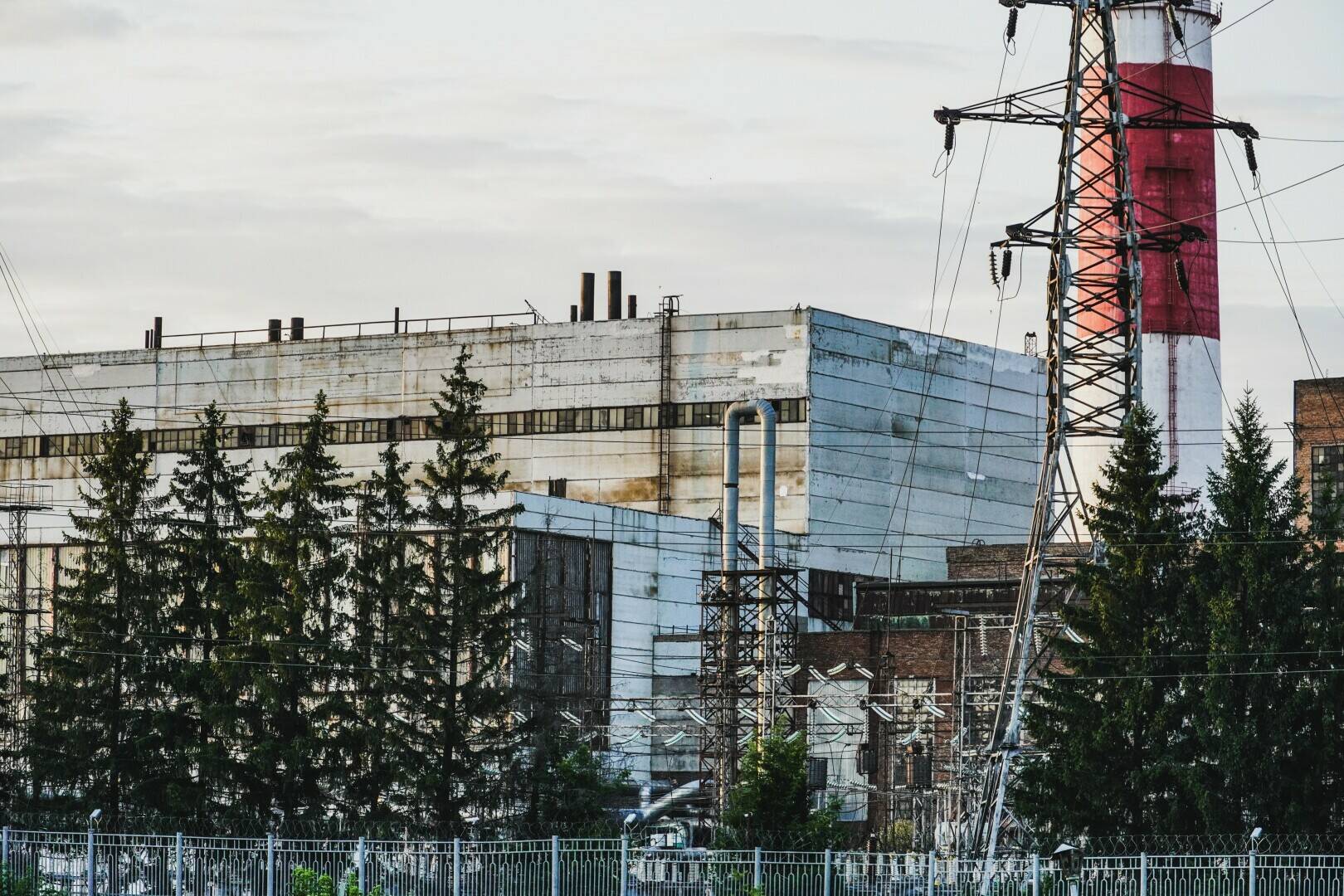Results
Solution
The business challenge

Enabling energy security in an era of uncertain supply

The business challenge
One of Europe’s largest specialists in biotechnology for the agri-food sector was facing the real prospect of being forced to stop production, due to its dependence on natural gas.
The company was reliant on boilers using natural gas to provide the heat required in its chemical processes. And when the geopolitical situation changed in Europe – due to the war in Ukraine – its supply of gas came under threat.
There was a genuine concern that all supply would cease and, with energy prices rapidly increasing, profitability was also suffering. To ensure the business could function in the future, it was essential to dilute the risk posed by its dependence on gas.
The solution
The company asked us and our engineering partner, DB Energy, to review all areas of its energy supply and usage. Our objective was to create more flexibility in energy sourcing, in order to secure the company’s operations for the long-term – even in the event of a shortage in gas supply.
Our approach involved an initial “walkthrough” project and site inspection which evaluated the company’s systems and processes. This included its distribution, pipelines, chemical processes and water feed, as well as heat recovery from air compressors, regulators, and wastewater.
We then helped the company to develop a strategy that included nine key concepts for consideration – all providing opportunities for cost savings through energy efficiency. To reduce a reliance on natural gas, we also proposed the conversion from single-fuel boilers to multi-fuel boilers, which would enable the consideration of alternative energy options such as biomass, biogas, alcohol, and hydrogen.

Results
Several of the heat recovery measures will allow heat to be extracted from wastewater and air compressors. All the energy efficiency concepts that will be implemented will result in a 20% reduction in energy consumption for the company – enabling per annum financial savings in the millions of Euros.
To ensure longer-term energy security, we together with DB Energy also enabled the company to deploy multi-fuel boilers. In addition to burning natural gas, the company will be able also to use hydrogen or biogas – and in a separate boiler it also has the capacity to burn diesel, light oil, or heavy oil.
These measures are providing energy flexibility and will protect the business for the foreseeable future. The company is now looking at greener fuel sources on which it can base its energy strategy in the longer term.




< 1 year
Project duration
Europe
Location
Chemistry/Biotechnology
Industry
Several of the heat recovery measures will allow heat to be extracted from wastewater and air compressors. All the energy efficiency concepts that will be implemented will result in a 20% reduction in energy consumption for the company – enabling per annum financial savings in the millions of Euros.
To ensure longer-term energy security, we together with DB Energy also enabled the company to deploy multi-fuel boilers. In addition to burning natural gas, the company will be able also to use hydrogen or biogas – and in a separate boiler it also has the capacity to burn diesel, light oil, or heavy oil.
These measures are providing energy flexibility and will protect the business for the foreseeable future. The company is now looking at greener fuel sources on which it can base its energy strategy in the longer term.
Results



The company asked us and our engineering partner, DB Energy, to review all areas of its energy supply and usage. Our objective was to create more flexibility in energy sourcing, in order to secure the company’s operations for the long-term – even in the event of a shortage in gas supply.
Our approach involved an initial “walkthrough” project and site inspection which evaluated the company’s systems and processes. This included its distribution, pipelines, chemical processes and water feed, as well as heat recovery from air compressors, regulators, and wastewater.
We then helped the company to develop a strategy that included nine key concepts for consideration – all providing opportunities for cost savings through energy efficiency. To reduce a reliance on natural gas, we also proposed the conversion from single-fuel boilers to multi-fuel boilers, which would enable the consideration of alternative energy options such as biomass, biogas, alcohol, and hydrogen.
The solution
The business challenge



< 1 year
Project duration
Europe
Location
Chemistry/Biotechnology
Industry
One of Europe’s largest specialists in biotechnology for the agri-food sector was facing the real prospect of being forced to stop production, due to its dependence on natural gas.
The company was reliant on boilers using natural gas to provide the heat required in its chemical processes. And when the geopolitical situation changed in Europe – due to the war in Ukraine – its supply of gas came under threat.
There was a genuine concern that all supply would cease and, with energy prices rapidly increasing, profitability was also suffering. To ensure the business could function in the future, it was essential to dilute the risk posed by its dependence on gas.
Enabling energy security in an era of uncertain supply

